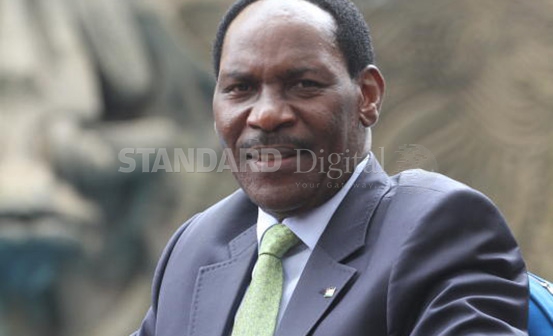×
The Standard e-Paper
Kenya’s Boldest Voice

Mention the name Ezekiel Mutua to a group of journalists and you will be met with sneers.
Mutua, the Chief Executive Officer of Kenya Film Classification Board was once the secretary general of Kenya Union of Journalists and you would think that journalists are his best friends.